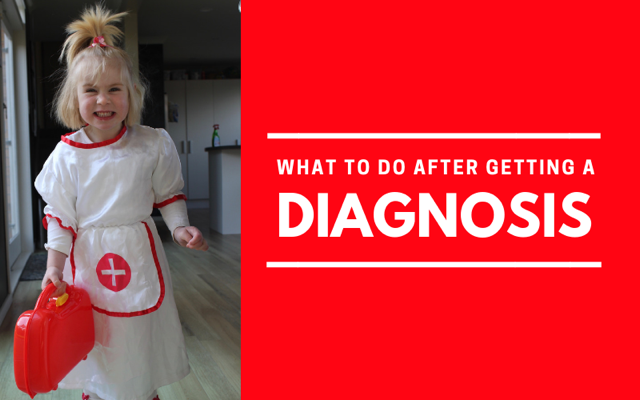I regularly try to think back before we had our 9-year-old daughter Isla, and try to recall how I viewed children and adults with disabilities.
I think I avoided them to be honest.
I think they made me feel uncomfortable as I didn’t know how to relate to them or what to say.
I never thought for a minute I would be a mother to a child with special needs.
So, you can imagine my shock when at 2 years old, Isla was diagnosed with a rare chromosome disorder (2q23.1 MDS/MAND*) causing autism and epilepsy.
When you get the diagnosis, it really is too big to get your head around.
You are going through the motions but you cannot envisage how your toddler will develop, what they will be capable of and what their future holds.
As a mother I suddenly became very aware of my mortality.
I felt a strong urge to be around as long as possible to protect my little girl who seemed so vulnerable and would need so much support.
I still feel like this 7 years on.
Even though your child is the same person they were before the diagnosis, you do start to see your child differently.
Suddenly you realise this is not something they are going to just grow out of and that permanence takes a while to get used to.
Everybody’s journey will be different but these are my recommendations after getting a diagnosis:
Get Proactive
You will find you need to research yourself what is available to you.
This applies to funding, therapies, schooling options and after school activities.
I have made contacts throughout the world and the story is the same – there are very few people who have this all laid out for them.
Get your name on wait lists for specialists, therapies and services.
Even if you decide not to go ahead, it’s still good to be in the queue!
Find a Support Network
Whether it is online or locally, there will be others going through the exact same thing as you are.
Reach out and find a group that works for you.
This may provide you with support and be a valuable source of information.
Exercise
Exercise is good for the body and the mind.
It can be a great stress reliever and releases endorphins that make you feel brighter and more energised.
Raising a special needs child is not only exhausting mentally but can be physically challenging.
If you have a child with additional physical challenges strength gained at the gym can save your back as they grow!
Take a Break
Is important to get some respite and have a break as parenting a special needs child can be all consuming.
Find that person you trust and get away with your partner or on your own to have some time out.
Although it is hard to completely switch off, you will hopefully find some balance.
Don’t be afraid of Special Needs Activities
I fought this one for a long time…
Partly because it took me a while to find activities that catered for special needs children and partly because I thought it was a good idea for Isla to learn from neurotypical peers.
I had this romantic notion of her making friends with them all while they supported and celebrated her differences.
The reality however, was Isla losing the plot as she didn’t feel competent and me seeing the huge gaps between Isla and the other kids and feeling terrible.
This applied to schooling as well.
Although you feel like you’re living in a, “special needs bubble”, this is where some kids feel they are best supported and thrive.
Take One Day at a Time
I always used to be thinking ahead but it really is impossible to know what Isla’s future will hold.
Whether she will be able to live independently or not.
Whether she will be able to have a job or not.
I still do everything possible to help her learn the skills to better herself but I have stopped thinking too far ahead.
I try and live in the moment and enjoy spending time with her as she is now, knowing I cannot rush her development.
I wonder how others now view Isla?
Does she make them feel uncomfortable and do they avoid her?
She has special needs but she is simply Isla, simply amazing just as she is. (www.simplyisla.com).
*2q23.1 Microdeletion and Microduplication Syndrome, MAND-MBD5-Associated Neurodevelopmental Disorders
